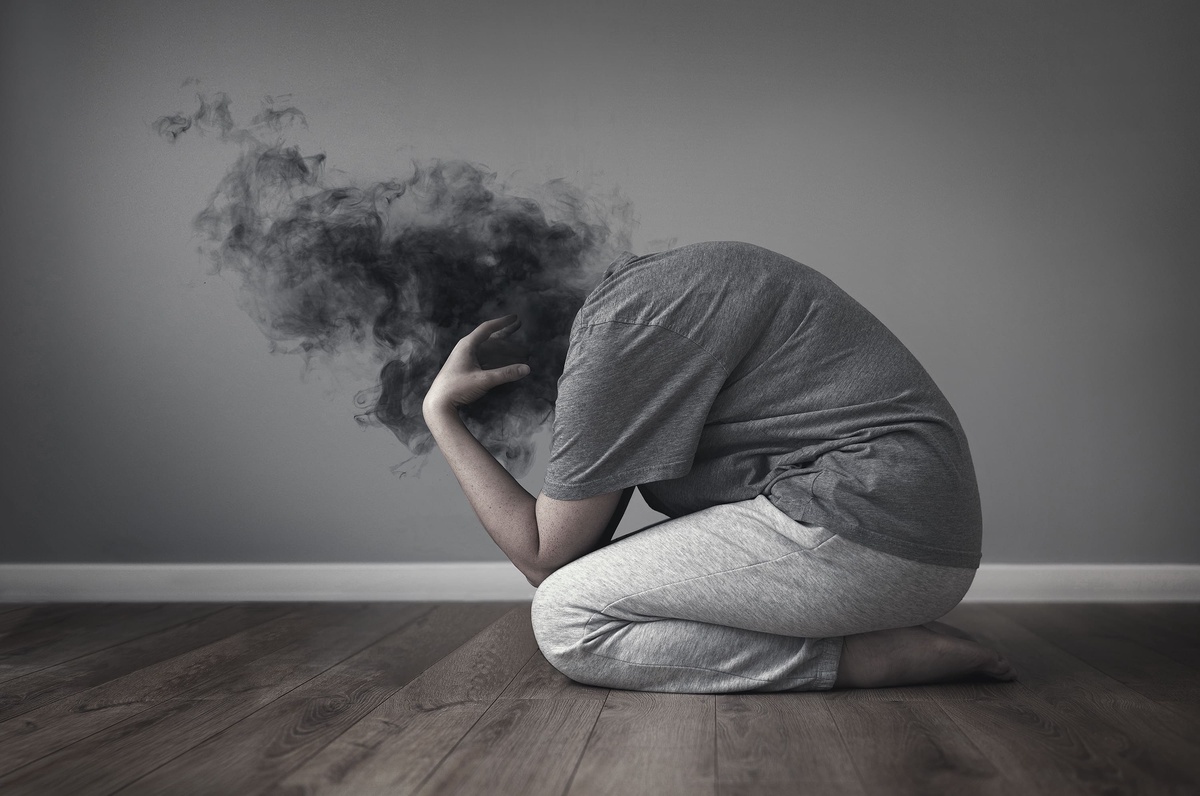Dissociative disorders are linked to a mental health condition wherein a person experiences a loss of connection between thoughts, feelings, memories, identity, surroundings, and behavior. In negative or traumatic surroundings, the person tends to escape from their reality.
What actually causes this mental disorder? How does it impact the management of day-to-day life? How to determine if someone is suffering from dissociative disorder? What is the right dissociative disorder treatment? Navigate through this post until the end to find all these answers.
Dissociative Disorders – What Does The Term Mean?
Dissociative Disorders is the disconnection from one’s reality. In this condition, a person tends to lose connection with feelings, thoughts, and memories. It is a response to the distressing or painful events that keep unpleasant memories at bay. There are three types of dissociative disorders:
1. Dissociative Identity Disorder: Formerly known as multiple personality disorder, dissociative identity disorder indicates the existence of two or more distinct identities. It can occur due to traumatic experiences or abuse in the childhood. The distinct personality states are the result of changes in thinking, memory, and behavior.
2. Dissociative Amnesia: Dissociative Amnesia is a mental disorder that evokes the inability to recall information about oneself. The person in this disorder forgets an event or a period of time from life. A rare form of it can cause a complete loss of identity and life history. This condition is also caused due to a traumatic or stressful event. Psychotherapy is the most suitable dissociative amnesia treatment.
3. Depersonalization/Derealization Disorder: Depersonalization is a mental state in which a person feels detached from self, mind, and/or body. They don’t feel connected to their body or mind and see things happening as an outsider. Derealization, on the other hand, makes someone feel detached from their surrounding, and the person may feel that everything around them is not real.
How To Determine Dissociative Disorder? Signs and Symptoms
Phycological disorders are hard to identify, and some are not even considered to be disorders. However, keeping an eye on the following signs and symptoms can help you determine the existence of dissociative identity disorder.
- You will feel detached from yourself, your feelings, and your emotions.
- A sense or feeling of unrealism about the people and things around you.
- Trouble dealing with your stress, be it work-related or emotional stress.
- Having a blurred sense of your own existence of identity.
- Memory loss, blurred memories about an event or time period of life, or complete loss of memory about life history.
- Stressful situations in different walks of life, such as love life, work, and several others.
- Mental health issues, such as depression, anxiety, suicidal thoughts, and several others.
What Are The Main Reasons Behind Dissociative Disorders?
Dissociative Disorder is basically a way to deal with detrimental events or long-term stress, trauma, or abuse. It indicated mainly early childhood events. It is a time when you are less aware of your surroundings or the events taking place around you.
Additionally, the coping mechanism is also not very strong. Therefore, the traumatic events of childhood and their impact on mental health last for a lifetime until they receive proper treatment or therapy. Some of the main reasons are:
- A person had an accident in the past.
- Repeated abuse (physical, mental, or sexual).
- Experiencing a natural disaster.
- Witnessing or being a victim of a heinous crime.
- Going through a war situation.
Complications Related To Dissociative Disorders
- Dissociative Disorders can give rise to multi-faceted complications, as stated in the following list:
- The person suffering from this disorder can experience severe depression and anxiety.
- Post-traumatic stress disorder is also one of the apparent complications related to the condition.
- A wide spectrum of sleep disorders, such as insomnia, sleepwalking, nightmares, and several others.
- Instances of alcohol and drug use can also be seen in the person having dissociative disorder.
- Problems in relationships and sexual function are some of the common complications.
Dissociative Identity Disorder Diagnosis
The process of diagnosis includes speaking about the symptoms. Besides, the process also ensures that the symptoms are not caused by any other health condition. A mental health professional can get into your mental condition and diagnose the actual problem mainly in two ways:
1. Physical Examination: In the physical examination, your health professional examines your condition by talking to you about your symptoms. Besides, your personal history is also reviewed in this process. They conduct a few tests to make sure that the memory loss or dissociation is not caused due to other physical conditions. Some of these considerations may include drug overuse, injury in the head, certain brain diseases, and poor sleep quality.
2. Mental Assessment: If the physical conditions are ruled out, a mental or emotional health diagnosis is carried out. In this process, your healthcare professional speaks to you about your feelings, thoughts, and the symptoms you are experiencing. Furthermore, family members are also included with your consent to share insights for an effective dissociative disorder treatment.
Treatment for Dissociative Identity Disorder
There are different methods for DID treatments, as stated in the list:
1. Psychotherapy (Talking Therapy): Talking therapy is one of the most effective ways to treat dissociative disorders. Psychotherapy or counseling can evoke a sense of comfort and safety among those suffering from this mental disorder. Exploring the process of a traumatic event in a safe and moderated environment at a therapist helps you become more aware and in the know.
You can get insights into the problem and understand what made you dissociated by talking. Besides, with a better coping mechanism and professional support, you can develop new ways of dealing with your disorder and its effects on your day-to-day life. Dissociative Disorders are a situational mental condition, and there is no specific way to prevent it.
2. Meditation: Medicinal support is also a way to relieve the symptoms of dissociative disorders. There is no specific medication to treat dissociative disorders. However, your doctor may prescribe antidepressants, anti-anxiety medicines, or antipsychotic medicines to deal with the mental health complications that come with DID.
Conclusion!
A premier clinic for therapy and counselling to achieve psychological and emotional well-being. You can reserve a consultation for yourself and get help with the symptoms of dissociative disorders.
Also Read: Having Anger Related Issues? Here’s How to Figure Out


No comments yet